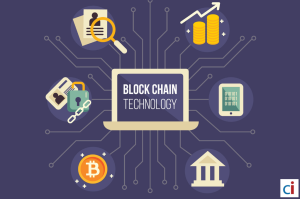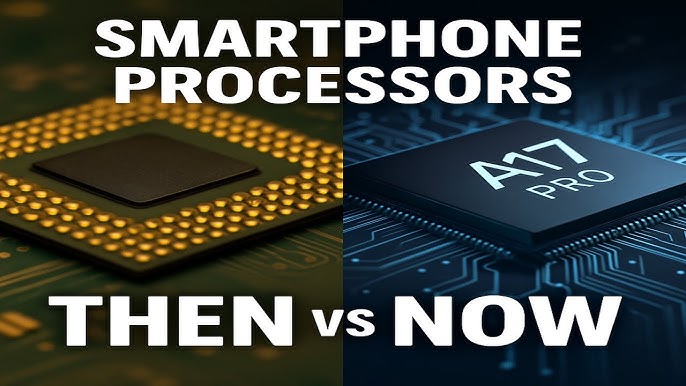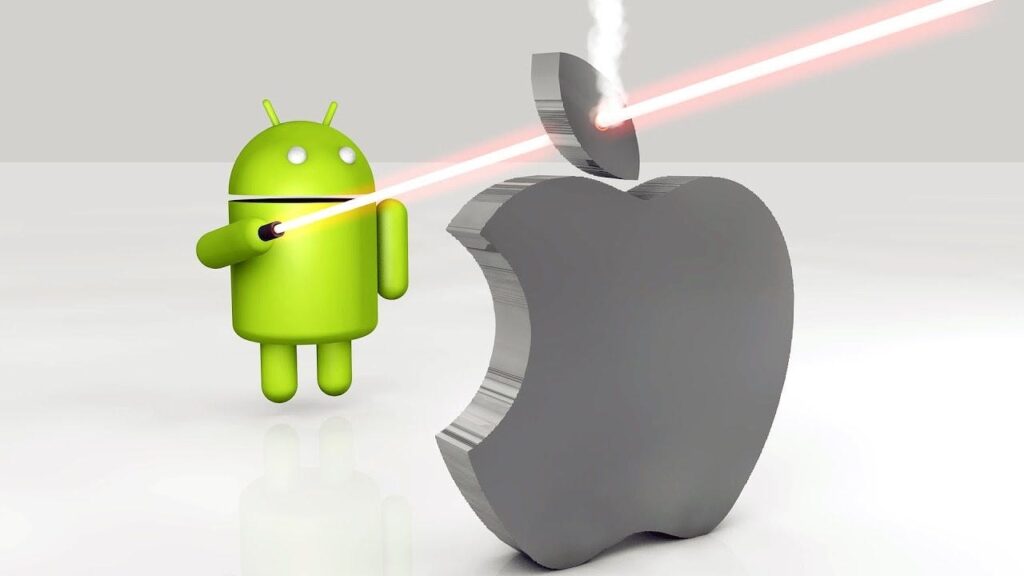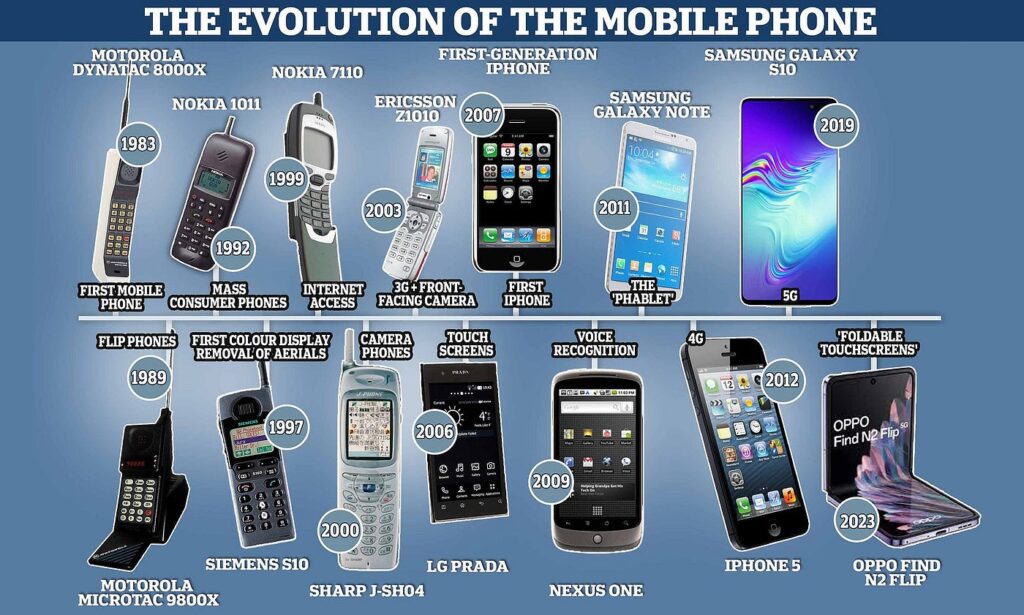When most people hear the word blockchain, they immediately think of Bitcoin, Ethereum, and cryptocurrencies. But in 2025, blockchain has moved far beyond just powering digital coins.
Today, industries like healthcare, supply chains, education, finance, and even entertainment are using blockchain to create transparency, security, and trust in ways that go far beyond crypto.
In this article, we’ll explore real-life blockchain applications you probably didn’t know about, and why this technology is shaping the future of our digital world.

What is Blockchain in Simple Terms?
A blockchain is a decentralized digital ledger that records transactions across a network of computers. Once information is added to the blockchain, it cannot be altered—making it secure, transparent, and tamper-proof.
Unlike traditional systems that rely on centralized authorities, blockchain relies on a distributed network where everyone has access to the same data.
Why Blockchain Matters Beyond Crypto
-
Security: Records cannot be changed or hacked easily.
-
Transparency: All transactions are visible to authorized users.
-
Trust: Removes the need for intermediaries.
-
Efficiency: Faster processes compared to traditional systems.
-
Decentralization: Eliminates single points of failure.
These benefits make blockchain attractive to industries beyond finance.
Real-Life Applications of Blockchain in 2025
Here are the most exciting blockchain applications transforming industries beyond cryptocurrencies.
1. Blockchain in Supply Chain Management
One of the biggest challenges in global trade is tracking products from their origin to the consumer. Blockchain ensures every step is transparent.
-
Example: Walmart and IBM use blockchain to trace food products back to their source in seconds.
-
Benefits: Reduces fraud, prevents counterfeit goods, and ensures food safety.
-
Use Case: A customer can scan a QR code on vegetables to see the farm it came from.
Best for: Food industry, pharmaceuticals, luxury goods.
2. Blockchain in Healthcare
Medical records often get lost, duplicated, or altered. Blockchain ensures secure, permanent, and accessible patient records.
-
Example: Hospitals in Europe use blockchain to share patient data securely among doctors.
-
Benefits: Protects sensitive data, reduces errors, and speeds up treatments.
-
Use Case: A patient’s medical history can be accessed by authorized doctors instantly.
Best for: Hospitals, research institutions, patient care.
3. Blockchain in Education
Fake degrees and credentials are a global problem. Blockchain helps verify academic qualifications with permanent records.
-
Example: MIT issues blockchain-based digital diplomas.
-
Benefits: Employers can instantly verify a candidate’s education.
-
Use Case: Students get tamper-proof certificates and transcripts.
Best for: Universities, online learning platforms, job recruitment.
4. Blockchain in Voting Systems
Election fraud is a concern in many countries. Blockchain introduces transparent, tamper-proof voting systems.
-
Example: Some pilot projects in the U.S. and South Korea tested blockchain voting apps.
-
Benefits: Eliminates ballot stuffing, ensures accurate results.
-
Use Case: Citizens can securely vote using mobile phones with blockchain verification.
Best for: Governments, NGOs, corporate elections.
5. Blockchain in Real Estate
Buying or selling property often involves lengthy paperwork and fraud risks. Blockchain simplifies ownership transfers and ensures authentic digital property records.
-
Example: Sweden and Dubai have tested blockchain-based land registries.
-
Benefits: Faster property transfers, reduced fraud, transparent ownership history.
-
Use Case: Buyers can verify land titles instantly.
Best for: Real estate agencies, land registries, property investors.
6. Blockchain in Finance (Beyond Crypto)
Banks use blockchain for faster cross-border payments and fraud prevention.
-
Example: Ripple enables near-instant global money transfers with low fees.
-
Benefits: Reduces transaction costs, eliminates middlemen, improves speed.
-
Use Case: Sending money abroad in seconds instead of days.
Best for: Banks, fintech startups, international businesses.
7. Blockchain in Entertainment & Media
Piracy and copyright theft are major problems. Blockchain ensures fair royalty distribution and digital rights protection.
-
Example: Audius, a blockchain-based music platform, helps artists get paid directly.
-
Benefits: Protects intellectual property, fair pay for creators.
-
Use Case: Musicians receive automatic royalties each time their song is streamed.
Best for: Musicians, filmmakers, content creators.
8. Blockchain in Identity Management
Identity theft is a growing problem. Blockchain can store digital IDs that are secure and verifiable.
-
Example: Estonia uses blockchain-based digital ID systems for government services.
-
Benefits: Eliminates fake IDs, speeds up verification.
-
Use Case: Secure login for banking, travel, or healthcare.
Best for: Governments, online businesses, security firms.
9. Blockchain in Energy
Blockchain helps create decentralized energy trading platforms where homeowners sell excess solar power directly to neighbors.
-
Example: Power Ledger (Australia) enables peer-to-peer energy trading.
-
Benefits: Promotes green energy, reduces dependency on power companies.
-
Use Case: A family sells extra solar electricity directly to another household.
Best for: Renewable energy companies, homeowners with solar panels.
10. Blockchain in Logistics and Travel
Travelers often face ticket fraud, lost luggage, and booking issues. Blockchain simplifies travel by offering secure, verifiable records.
-
Example: Some airlines are testing blockchain for ticketing and baggage tracking.
-
Benefits: Reduces fraud, improves customer experience.
-
Use Case: Passengers track their luggage in real-time using blockchain.
Best for: Airlines, hotels, logistics companies.
Challenges of Blockchain Beyond Crypto
Even though blockchain is powerful, it comes with challenges:
-
Scalability: Handling massive amounts of data in real-time.
-
Energy Consumption: Mining and validation processes consume energy.
-
Regulation: Governments still figuring out legal frameworks.
-
Adoption Barriers: Businesses need time and resources to switch to blockchain.
Future of Blockchain Beyond Crypto
By 2030, blockchain will likely power:
-
Smart cities with real-time energy and traffic systems.
-
Decentralized finance (DeFi) for banks and individuals.
-
Secure metaverse transactions for digital assets.
-
Global health records accessible anywhere.
Blockchain won’t just be “behind the scenes”—it will be the foundation of digital trust worldwide.
Final Thoughts
Blockchain is no longer just about cryptocurrencies. From healthcare and education to real estate and entertainment, it’s creating secure, transparent, and efficient solutions across industries.
In 2025 and beyond, businesses that adopt blockchain early will gain a competitive advantage, while users will benefit from safer, more efficient systems.
So next time you hear “blockchain,” don’t just think of Bitcoin—think of the technology that could transform your everyday life.


